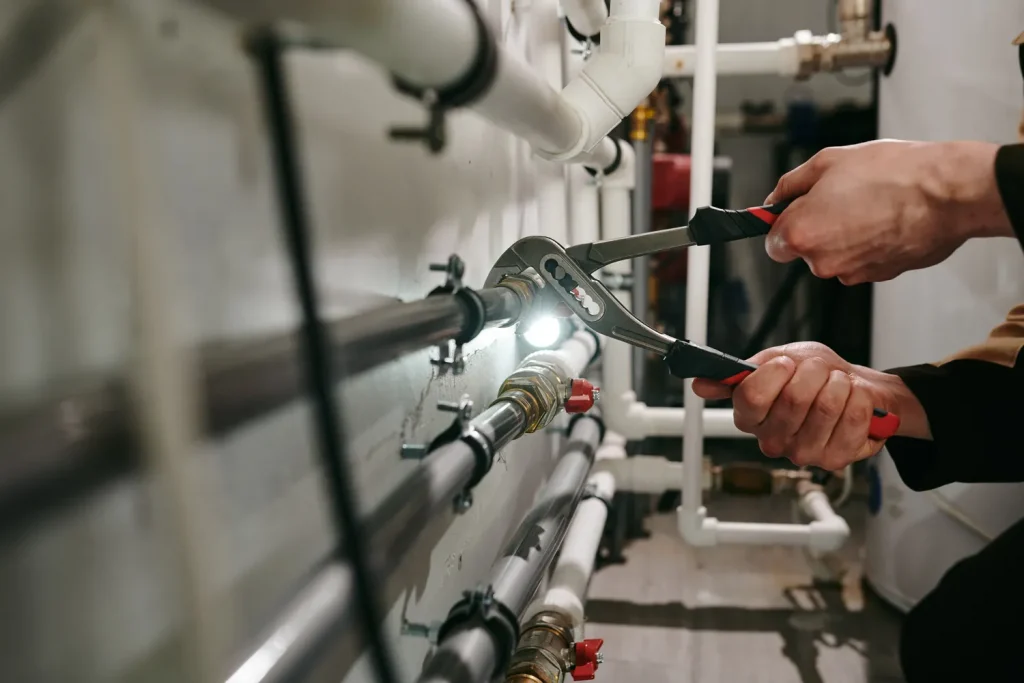Plumbing issues are an inevitable part of homeownership, and they can range from minor annoyances like a dripping faucet to major disasters like burst pipes. However, with a little knowledge and the right tools, you can tackle most common plumbing problems yourself, saving both time and money. In this guide, we will explore solutions for every drip and drop, offering practical advice and step-by-step instructions to help you become your own home plumber. One of the most common plumbing nuisances is a dripping faucet. That persistent drip, drip, drip can drive anyone to the brink of madness and lead to significant water wastage. Luckily, fixing a dripping faucet is often a straightforward DIY task. The first step is to turn off the water supply to the faucet, typically located under the sink. Next, you will need to disassemble the faucet handle to access the cartridge or valve inside. Depending on the type of faucet, you might need to replace a worn-out washer, O-ring, or cartridge.
Leaky pipes are another common plumbing problem that homeowners frequently encounter. A small leak may seem harmless, but over time, it can lead to water damage, mold growth, and increased utility bills. To fix a leaky pipe, start by turning off the water supply to the affected area. You will then need to identify the source of the leak, which could be a loose joint, a crack, or a damaged pipe. In many cases, you can use pipe sealant or plumber’s tape to stop the leak temporarily. For more significant issues, you might have to replace a section of the pipe or even call in a professional plumber. Quick action is crucial to prevent further damage, so do not procrastinate when you spot a leak. Clogged drains are a frequent plumbing woe, whether it is the kitchen sink, bathroom sink, or shower.

When it comes to more complex plumbing issues like burst pipes or sewage backups, it is advisable to seek professional help immediately. These problems can cause extensive damage to your property and pose health risks. A licensed plumber has the expertise and equipment to address these issues safely and effectively of Green bay plumber. Additionally, having a plumber inspect your plumbing system regularly can help prevent major catastrophes and catch minor issues before they escalate. In conclusion, plumbing woes can be a real headache, but with the right knowledge and tools, many common issues can be resolved without the need for a plumber. However, it is essential to know your limits – if a problem appears beyond your DIY skills or involves critical systems like the main water line, do not hesitate to call a professional. Regular maintenance and vigilance can go a long way in preventing plumbing problems in the first place. So, fear not, and tackle those drips and drops with confidence!
